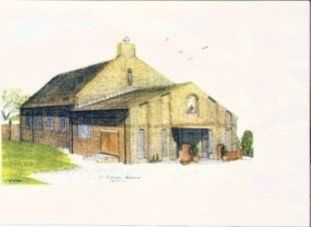On Saturday afternoon, 26 October 2024, the members of the Second Session of the XVI Ordinary General Assembly of the Synod of Bishops approved the Final Document. Pope Francis approved its publication.
The Final Document, together with the accompanying Note of the Holy Father Francis, is available in Italian (original version of the Document), and in the official Chinese (traditional), Chinese (simplified), Czech, English, Spanish, Portuguese and French translation.
The Final Document is also available in the following languages: Arabic (only the document), German, Hungarian (only the note and the document), Polish.
ACTA (A Call To Action) have produced an excutive summary which is a little bit more accessible Click here
.


